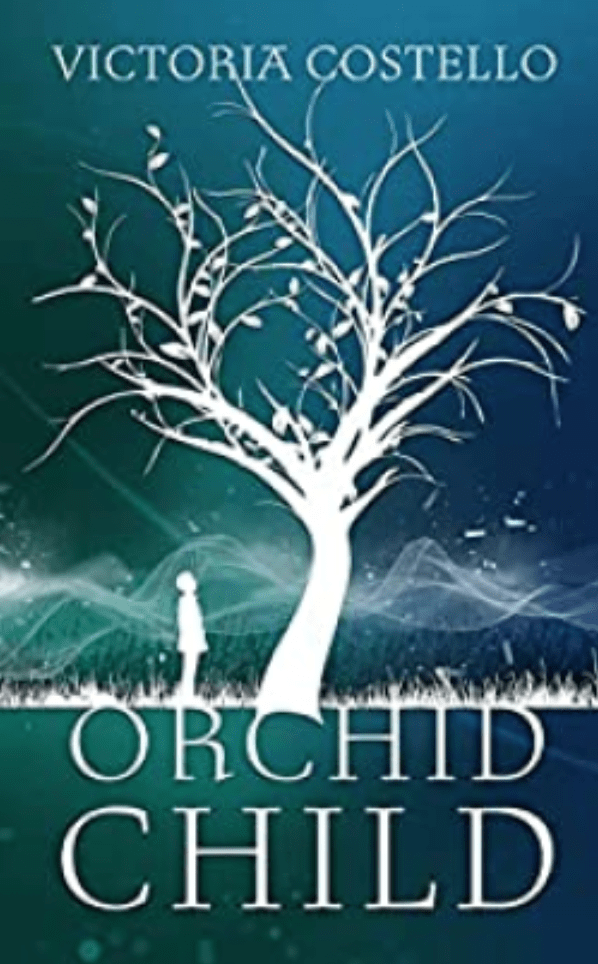Writing: 3/5 plot: 4.5/5 characters 3.5/5
Kate is a neuroscientist, on her way to a new position in Ballymore, Ireland having been fired from her prestigious New York City based position after an ill-advised affair with her married boss. Ballymore has an historically high rate of schizophrenia, and she has been hired to work on a new followup study on the descendants of the original 1970 work. She brings along her newly adopted nephew, Teague, who is suffering from schizophrenic symptoms and whose therapeutic care is part of the new job package.
What ensues is a tangled, multi generational story (the narrative follows two timelines — Kate’s story in 2002 and the history of her family from 1920 through 1974). Between the two, we are exposed to Irish folklore, long term feuds based in the Irish “Troubles,” druids, and (most interesting to me) multiple approaches to treating and supporting schizophrenics. These approaches include support from therapists following real (I checked) research results, recommendations from “Mad Pride” activists who avoid medical intervention for mental illness, and the consideration that those who claim to hear the voices of their dead ancestors, really can.
There were enough interesting (and new to me) concepts to keep me reading to the end — I really wanted to know what happened. I thought the writing could use some editing — it was messy with a lot of rambling details and I found the dialog a bit stilted. I liked some of the characters more than others and definitely found the different attitudes towards schizophrenia fascinating. I didn’t personally like the main character, although I know I’m supposed to! Of course, I’ve never walked in her shoes (and the author’s bio suggests that she has), so I can’t really judge. My favorite part was reading about treatment modalities based on new (around the 2002 timeframe) research in neuro-epigenetics and the Orchid Child hypothesis (google it). The focus was primarily on the help people need and mostly avoided any discussion of the very real danger some mentally ill people could be to others when not adequately supervised / managed — I always wish reports and stories could be more balanced in this regard.
Some quotes, which reflect more of the plot than the writing style:
Quotes:
“In the parlance of researchers, they were the orchids, prone to dysfunction. When faced with the stressful choice of which lever to push to get their next drink of syrupy water, orchids sat and trembled with indecision. Their luckier peers, her control group, born with a longer form of the same gene, were hardy like dandelions — a group with which she wholly identified.”
“The Celts called it second sight. In our profession, we throw it all under the label of psychosis. Or we assigned patients different positions on a spectrum of abnormality.”
“You all suffer from the same wound, which festers as each generation fails to face it head on.”
“Let’s say you re-enter your body with the intention of telling the story of what happened to you today in whatever medium you choose. You can be sure that one of your ancestors is seeing and feeling that story in his on time as a powerful premonition.”
Thank you to Between the Lines Publishing and NetGalley for providing an advance copy of this book in exchange for my honest review. The book will be publlished on June 13th, 2023

